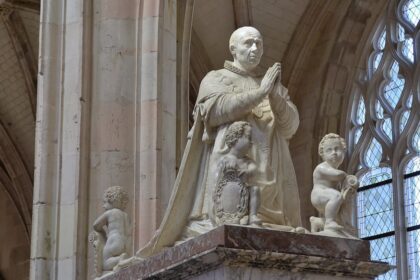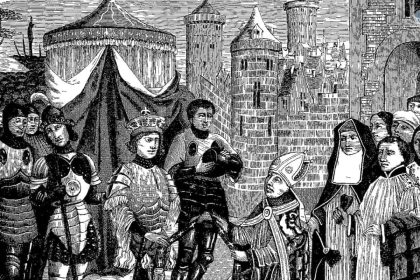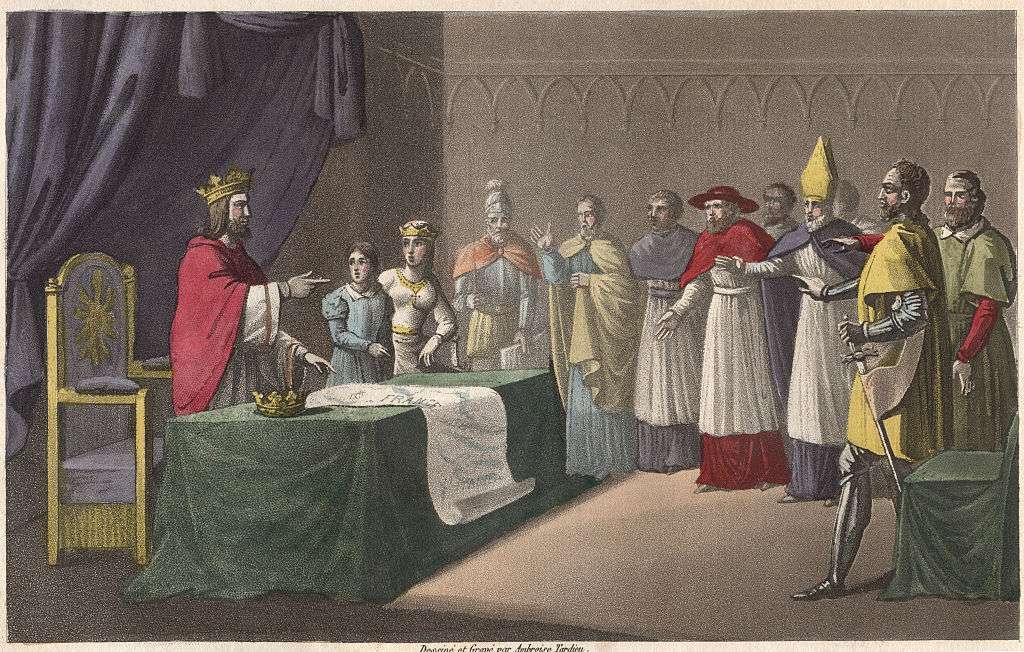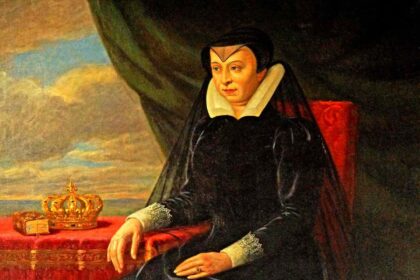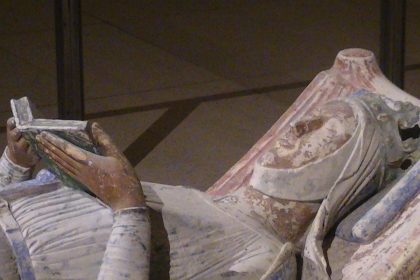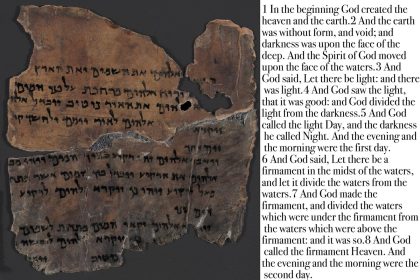1853: France Seizes New Caledonia
On September 24, 1853, under orders from Napoleon III, Rear Admiral Febvrier-Despointes officially took possession of New Caledonia for France, an island in the Pacific located 18,000 km from mainland France and 2,000 km from Australia. The capital, Port-de-France, now known as Nouméa, was founded in June 1854. This was the era when the French were rediscovering overseas territories and rebuilding a colonial empire to replace the one they had lost a century earlier, during the Treaty of Paris on February 10, 1763, where they gave up Quebec.
1864: The Beginning of Penal Colonization
The settlement of New Caledonia began in 1864 with penal colonization, with more than 20,000 convicts detained there until 1897. Among them were thousands of political prisoners deported after 1871, the year in which the Paris Commune and a Kabyle insurrection in Algeria, another former French colony, were violently suppressed.
1878: The Great Kanak Revolt
“Reserves” were established for the indigenous people, the Kanaks, who were dispossessed of their lands and subjected to forced labor. The exploitation of nickel, the economic lifeblood of the archipelago, now in crisis, triggered several waves of migration, including from Asia, Tahiti, and the Caribbean.
By 1878, a Kanak revolt erupted against the land confiscation.
Some 600 insurgents and 200 Europeans were killed, tribes were wiped out, and 1,500 Kanaks were forced into exile.
1988: The Ouvéa Cave Assault
While New Caledonia became an overseas territory (TOM) in 1946, and the Kanaks gained French citizenship and the right to vote, violence between them and the Caldoches (European settlers) occurred in the 1980s, peaking with the Ouvéa cave hostage-taking and assault in May 1988. About 19 Kanak militants and two French soldiers died. A month later, the Matignon Accords sealed reconciliation through economic rebalancing and shared political power. This was followed in 1998 by the Nouméa Accord, which granted the archipelago a unique status within the French Republic, based on progressive autonomy.
2004: The “Citizenship Day”
Declared a public holiday in 1953 by the French authorities, the date of France’s takeover of New Caledonia was renamed “Citizenship Day” in 2004 to celebrate all communities. However, it remains a day of mourning for part of the Kanak independence movement.
Some leaders have even called for independence to be proclaimed on September 24.
2024: The Violent Riots of May
In 2024, a controversial electoral reform reignited the troubled history of this South Pacific archipelago. On May 13, violent riots broke out, unprecedented in scale since the “events” of the 1980s and the 1988 Ouvéa hostage crisis. The riots left 13 dead, including two gendarmes. Four months later, the situation remains unresolved. On this Tuesday, September 24, the people of New Caledonia are more divided than ever as they mark their day of celebration.









